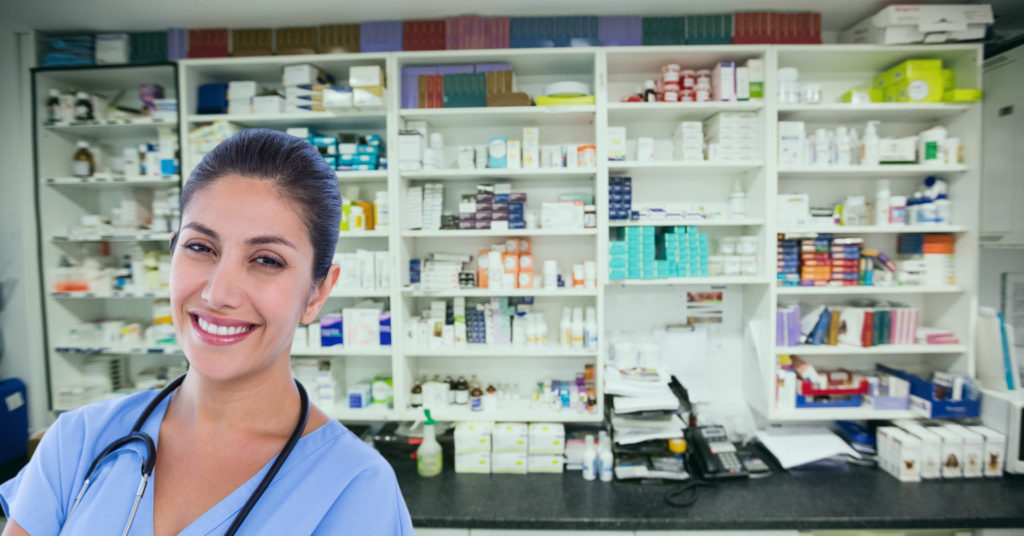How to prepare for a degree in pharmacy (PharmD)?

The path to a pharmacy degree is challenging but through hard work and good preparation, you can set yourself apart from other candidates. The following are common requirements as well as some tips to be well-prepared:
- Request information from pharmacy programs. This is the road map that will help you navigate pharmacy school. You’ll find out what prerequisites are required for each program, when applications are due, and any additional program requirements. By requesting information from several programs you will be able to find the right school for you.
- Pharmacy experience is highly recommended. At many universities, over half the applicants have their pharmacy technician certification. Additionally, any volunteer or work experience in a healthcare setting involving patient care can be a plus. Be sure to record all your hours in case the program you apply to requires a minimum number of hours.
- Job shadowing pharmacists in various settings is a key component of preparation for any PharmD school and may even be a requirement. A good number of hours to aim for is about 50 hours of job shadowing in a variety of settings.
- Develop relationships with supervisors, professors, and others you job shadow. When you need letters of recommendation to apply for PharmD school, these good relationships will pay off.
- Pre-requisite coursework must be completed before entering a PharmD program. Coursework can vary from program to program but generally includes classes like: organic chemistry, biology, physics, microbiology, calculus and statistics.
- Choose a major that lines up with necessary pre-requisites. Whether the schools you are interested in require a completed bachelor’s degree or not, choosing a major that aligns with the pre-requisite coursework is a time-saver. Some options that line up well with those pre-requisites include biology, chemistry, or health sciences.
- Take the Pharmacy College Admission Test (PCAT) to stand out. Some schools suggest taking it while others require it for prospective students applying without a bachelor’s degree. On the other hand, some schools don’t take it into consideration at all. For this step, be sure to check program requirements where you are applying.
What are my pharmacy degree options?
Several degree options are available at programs throughout the United States, depending on the career path you wish to pursue.
- Doctor of Pharmacy Program (PharmD) prepares graduates to provide excellent patient care with both knowledge and know-how. This program takes about four full years to complete.
- PharmD/PhD programs combine both a Doctor of Pharmacy (PharmD) and a PhD for students interested in clinical research. Completing a combined program shortens the time necessary compared to completing both separately. Plan on the traditional four year pharmacy education plus additional coursework and training specific to research for the PhD program.
- PharmD/MBA programs allow students to earn a Doctor of Pharmacy (PharmD) and a Master of Business Administration (MBA) simultaneously. This is ideal if you not only want the education to become a pharmacist but also desire owning your own business or taking on a management role during your career.
Wherever you choose to go, be sure it is accredited by Accreditation Council for Pharmacy Education (ACPE).
After completing PharmD school, what’s next?
The final steps to becoming a pharmacist are passing the North American Pharmacist Licensure Examination (NAPLEX) and complete licensure for the state you plan to practice in. Starting in 2021, exam results will only be reported as pass or fail. The National Association of Boards of Pharmacy website is an official resource to connect you with state board websites as well state pharmacy newsletters.
Finally, you are ready to join pharmacists throughout the country in using your advanced knowledge to provide excellent patient care!
Where will a pharmacy degree take me?
You’ll play a vital role in healthcare as you dispense medications and offer your expertise in the safe use of prescriptions. Additionally, you may offer wellness screenings, immunizations, and give advice on healthy lifestyle choices. Because you work with pharmacy technicians and interns, you’ll oversee their work in a supervisory role. Of high importance, you’ll verify prescriptions won’t negatively interfere with other medications a patient is taking.
Being a pharmacist is a rewarding career that gives you opportunities to interact with patients and healthcare professionals on a daily basis. You’ll have opportunities to work in a variety of settings. Depending on your interests, you can choose to work in a hospital, clinic, drug store, research lab, and more. You will find satisfaction helping people live healthy, productive lives through the work you do. In addition, you can expect to have an annual salary of over $128,000 a year. Being a pharmacist really is a smart move!